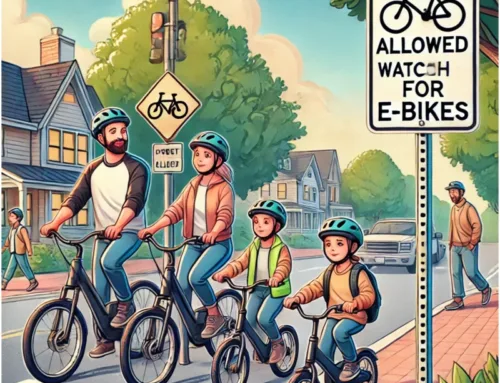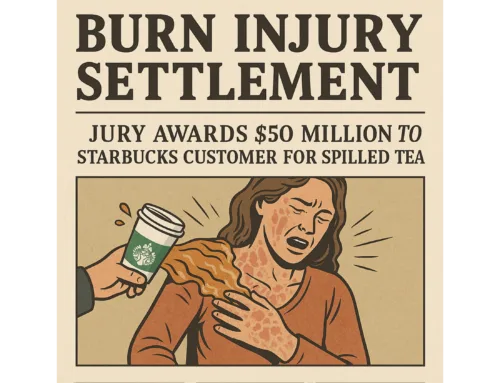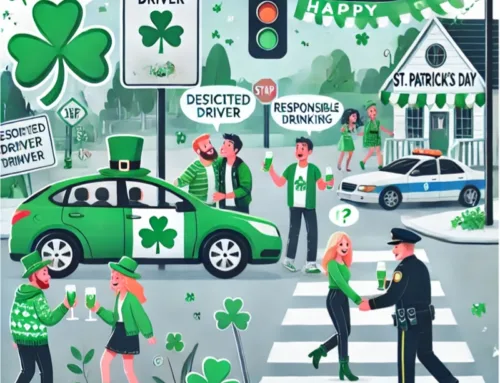New Jersey’s social host liability law is designed to hold individuals accountable for serving alcohol to guests who then cause harm or damage. This law applies to private parties and gatherings where alcohol is provided, making hosts potentially responsible for the actions of their intoxicated guests.
What is Social Host Liability?
Social host liability refers to the legal responsibility of a person who provides alcohol to guests in a social setting. In New Jersey, this liability extends to any injuries or damages caused by guests who become intoxicated at the host’s event. This means that if a guest leaves a party intoxicated and causes an accident, the host could be held liable for any resulting harm.
Key Elements of New Jersey’s Social Host Liability Law
New Jersey’s social host liability laws are codified in N.J.S. §§ 2A:15-5.5–5.8. According to these statutes, a social host is defined as someone who “invites another person onto an unlicensed premises for purposes of hospitality” and provides alcohol to guests of legal drinking age.
Several conditions must be met for a social host to be held liable:
- The host must have willfully and knowingly provided alcohol to a person who was visibly intoxicated.
- The host’s provision of alcohol must have created an unreasonable risk of foreseeable harm.
- The injury must have resulted from an accident caused by the intoxicated person while operating a vehicle.
Statistics Highlighting the Impact
Social host liability is a significant concern due to the prevalence of alcohol-related accidents. In 2019, alcohol-impaired driving fatalities accounted for 28% of all traffic-related deaths in the United States. Additionally, the National Institute on Alcohol Abuse and Alcoholism (NIAAA) reports that around 14.1 million adults in the U.S. had alcohol use disorder in 2019. These statistics underscore the importance of responsible alcohol consumption and the potential consequences of failing to manage alcohol use at social gatherings.
Who Can Be Held Liable?
Under New Jersey law, the intoxicated guest cannot file a claim against the social host. Only third parties injured as a result of the guest’s intoxication can seek compensation from the host. This includes:
- Individuals injured in a car accident caused by the intoxicated guest.
- Property owners whose property was damaged by the guest.
Responsibilities of a Social Host
Hosts need to take steps to prevent guests from becoming overly intoxicated and causing harm. Here are some strategies to promote safe drinking practices:
- Hire a licensed bartender: Professional bartenders can monitor alcohol consumption and refuse service to intoxicated guests.
- Arrange for designated drivers: Encourage guests to designate a sober driver or use rideshare services.
- Offer non-alcoholic beverages: Provide a variety of non-alcoholic drink options to reduce alcohol consumption.
- Serve food: Offering food can help slow the absorption of alcohol.
- Pay attention to guests’ levels of intoxication: Monitor guests and intervene if someone appears to be drinking excessively.
- Limit your own alcohol consumption: Stay sober or limit your drinking to better manage the event.
Legal Implications for Social Hosts
If a social host is found liable for an accident caused by an intoxicated guest, they may face significant financial consequences. This can include compensatory damages, which cover:
- Medical expenses
- Rehabilitation and physical therapy costs
- Future anticipated medical care
- Lost wages
- Decreased future earning potential
- Value of household and childcare services
- Property damage
- Pain and suffering
In some cases, punitive damages may also be awarded if the host’s actions were found to be particularly reckless or malicious. These damages are intended to punish the host and deter similar behavior in the future.
Protecting Yourself as a Host
Given the serious implications of social host liability, it is crucial for hosts to understand their responsibilities and take proactive measures to mitigate risks. Here are some practical tips:
- Limit the amount of alcohol available: Avoid serving excessive amounts of alcohol.
- Set a cut-off time for alcohol service: Stop serving alcohol well before the event ends.
- Educate guests on responsible drinking: Encourage moderation and provide information on the dangers of excessive drinking.
- Have a plan for intoxicated guests: Be prepared to arrange transportation for guests who have had too much to drink.
Seeking Legal Advice
If you are hosting an event where alcohol will be served, it is wise to consult with a legal professional to understand your potential liabilities and how to protect yourself. An experienced attorney can provide guidance on best practices and help you navigate any legal issues that may arise.
Ensuring Safe and Responsible Hosting
Hosting a social event where alcohol is served comes with significant responsibilities. By understanding New Jersey’s social host liability laws and taking proactive measures, you can help ensure the safety of your guests and others.
Contact MyNJInjuryLawyer
Have questions? Need answers about an injury that occurred in New Jersey as a result of someone else’s negligence? If you or a loved one suffered an injury in an accident, you should contact an attorney familiar with handling these claims. My NJ Injury Lawyer Howard P. Lesnik, Esq. offers free strategy sessions to address any issue or questions you may have about your injury, medical bills or your accident claim.
Please contact NJ Injury Lawyer Howard Lesnik, Esq., immediately if you were involved in a pedestrian accident and were injured or suffered damages. I personally handle NJ personal injury cases on a regular basis. Please contact me now by email, by phoning 908.264.7701, or by completing the form to the right to schedule your complimentary 30-minute strategy session. Contact Us Today for a free consultation.







